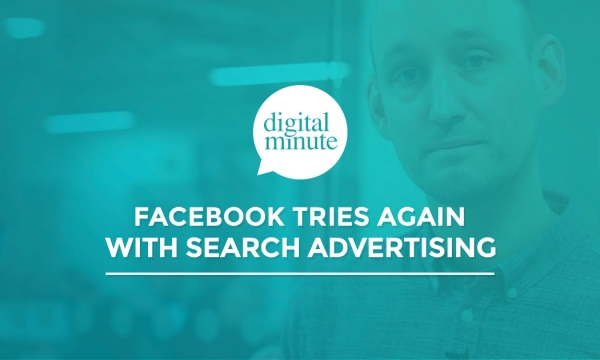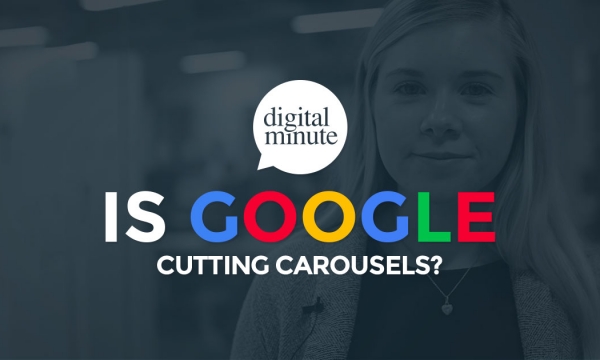Chromes ad blocker will automatically start blocking ads that it, along with the Coalition for Better Ads group, considers annoying or intrusive.
The announcement will naturally have many publishers concerned, whilst advertisers will also be prompted to rethink their approach to digital advertising, but Google argues that by forcing publishers to adhere to better ad standards, it will improve the online user experience and reduce the motivation from users to install third party ad blockers.
Video Transcript
Hello, I’m Grant and on today’s Digital Minute, we’re looking into a big announcement that could spell bad news for both advertisers and publishers.
The debate around ad blocking has been going on for a few years, and the latest announcement from Google has stoked the fire even more.
The search engine confirmed last week that the latest edition of its Chrome browser will have ad blocking turned on automatically – although only for certain types of ads.
The new Chrome will automatically start blocking the types of ads that Google considers to be annoying or intrusive. This will include ads that auto-play video, that force a user to wait before they can access the content they want, or ads that take over an entire screen.
In making the decision, Google pointed to the recent growth of ad blocking, and argued that by forcing publishers and advertisers to make their ads less annoying it will improve the online experience for everyone.
Of course, it spells big challenges for many publishers, whilst advertisers are also likely to have to rethink their approach to online display advertising.
We’ve explained the announcement in more detail on the blog. Thanks for watching, I’m Grant Woodward, and that was your Digital Minute.
How to subscribe
To ensure you don’t miss an episode, we've ensured you can subscribe in whatever ways suits you. You'll find Digital Minute on:
We hope you find the series useful and would to hear your comments and feedback.






